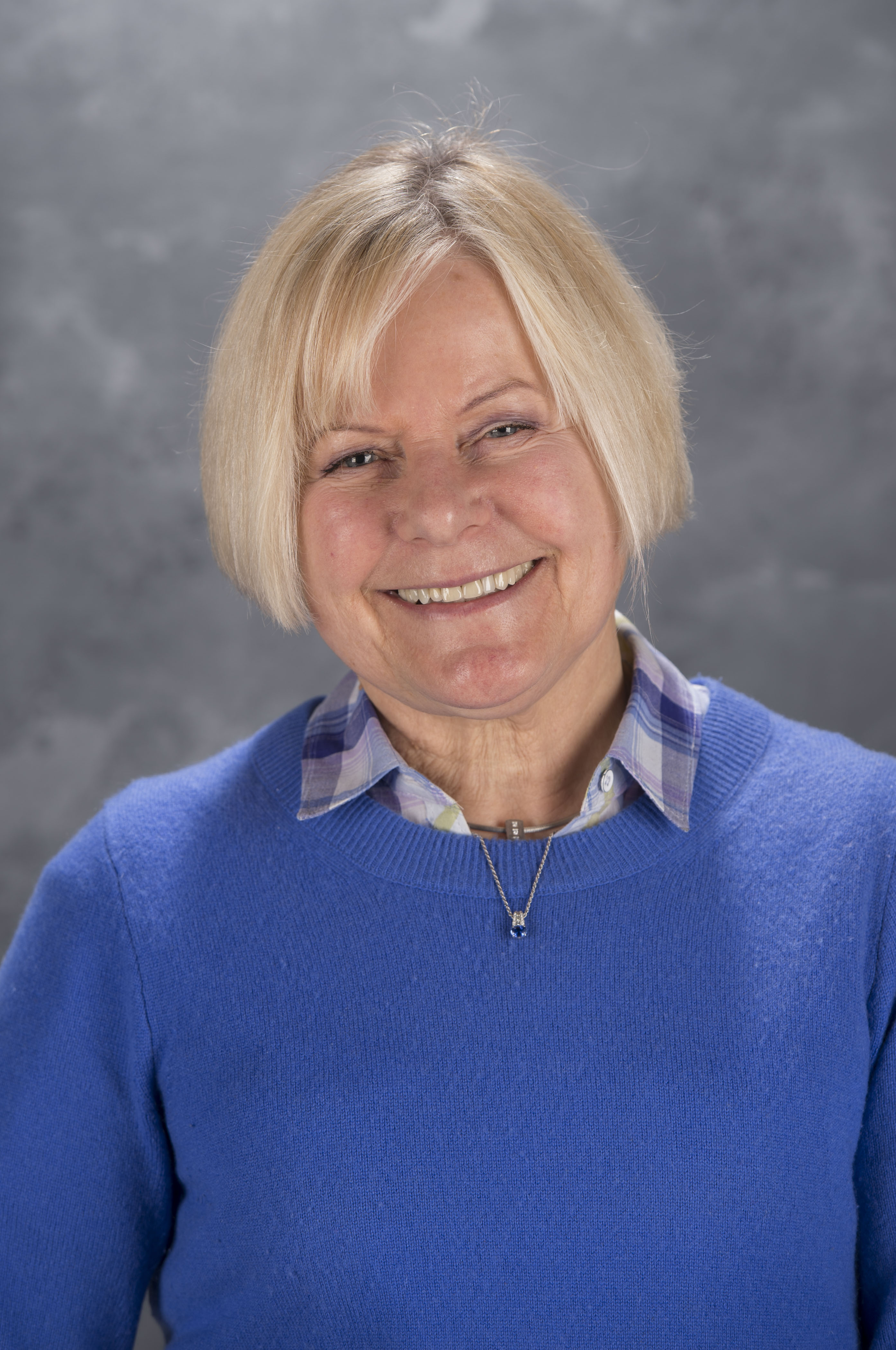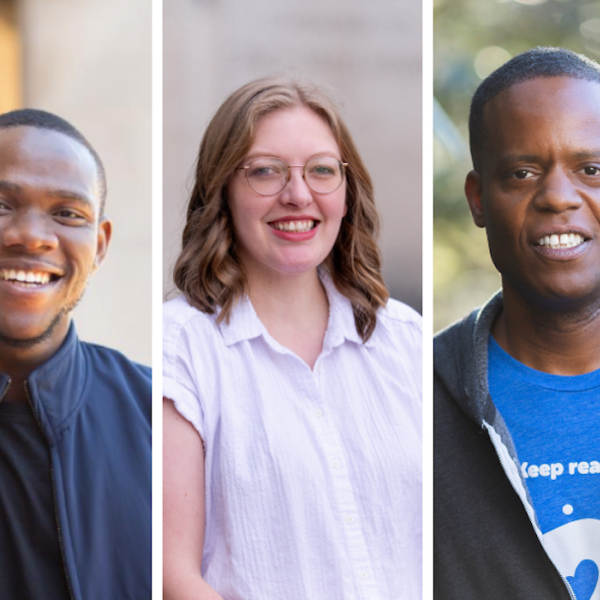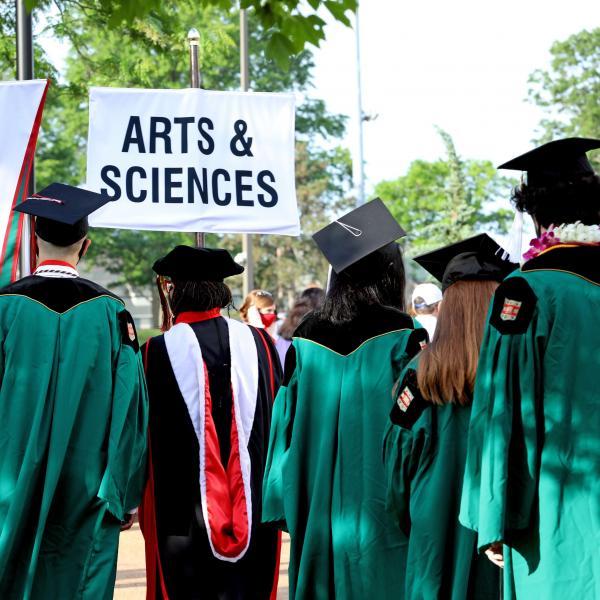Gerhild Williams, the Barbara Schaps Thomas & David M. Thomas Professor in the Humanities, concludes a tremendous career of leadership, community-building, and scholarship.

Gerhild Williams has experienced firsthand the importance of nurturing WashU’s community spirit. “The people that surround you always have plans and dreams,” she said. “You participate in theirs and they participate in yours. It's always a give and take.”
Throughout her 48-year career at WashU, Williams sought to support all members of the university community through her roles as vice provost, associate vice chancellor for academic affairs, and chair of the Department of Germanic Languages and Literatures. In the eyes of Chancellor Emeritus Mark S. Wrighton, her efforts were a success. Williams consistently dismantled barriers and facilitated action between different parts of the university, he said.
“Gerhild has been a tremendous advocate for faculty,” Wrighton said. “People will not always be as direct with the chancellor as they would with a faculty colleague, but Gerhild was very good at communicating input from other faculty members.”
When Williams arrived at WashU in 1975, she had just received her PhD in comparative literature from the University of Washington, Seattle. Along with an appointment in the Program in Comparative Literature, she eventually became director of linguistics studies and of medieval and renaissance studies, as well as chair of the Department of Germanic Languages and Literatures.
“I never wanted to leave WashU. It was the perfect place for me,” Williams said. “Our German department was, and still is, one of the best in the nation, so I always had excellent colleagues and students. And there was a very cooperative community between the administration, the faculty, and the students. That's why I could be so productive — I was supported from all sides.”
Some of Williams’ proudest accomplishments centered around creating a more inclusive culture at WashU. She helped found the International Writers Center, which, for 10 years, was directed by William H. Gass, and she more recently supported the establishment of the international writers track in comparative literature. She co-chaired a committee that passed a university-wide sexual harassment policy, voted to promote faculty diversity, and supported former College of Arts & Sciences Dean James E. McLeod’s creation of the John B. Ervin Scholars Program.
Provost Emeritus Edward Macias, who worked closely with Williams for more than 30 years, emphasized her unfailing commitment to the university and her support for colleagues. “She was a very loyal team player, yet she was always willing to express her opinion on important issues, even if it went against the conventional wisdom,” he said. “She cared about people — her students, her colleagues, and, most of all, her family.”

As a scholar, Williams was interested in the historical impact of cross-cultural communications. She began her career as a medievalist, tracing how poetry crossed the Mediterranean to Spain, France, Germany, and England. She published on the early modern witch phenomenon and, most recently, on the 17th-century novel.
Williams traveled through the centuries in her research, analyzing how German and French literature and culture changed in response to historical developments. She became especially interested in the profound impact of newspapers in the 17th century, a time when they began to appear regularly in Germany. This early “social media” went on to broaden communication across Europe, she said.
In her work, Williams has traced the impact of historical “social media” on the development of the novel and the spread of witch trials, among many other subjects. These studies, she said, have felt especially relevant given our current struggles with modern misinformation.
After she retires this spring, Williams plans to finish transcribing a three-volume collection of tales by the 17th-century writer Erasmus Francisci. She looks forward to remaining connected to friends and family in St. Louis, traveling and hiking through Germany with her brothers, and cross-country skiing in Sweden.



